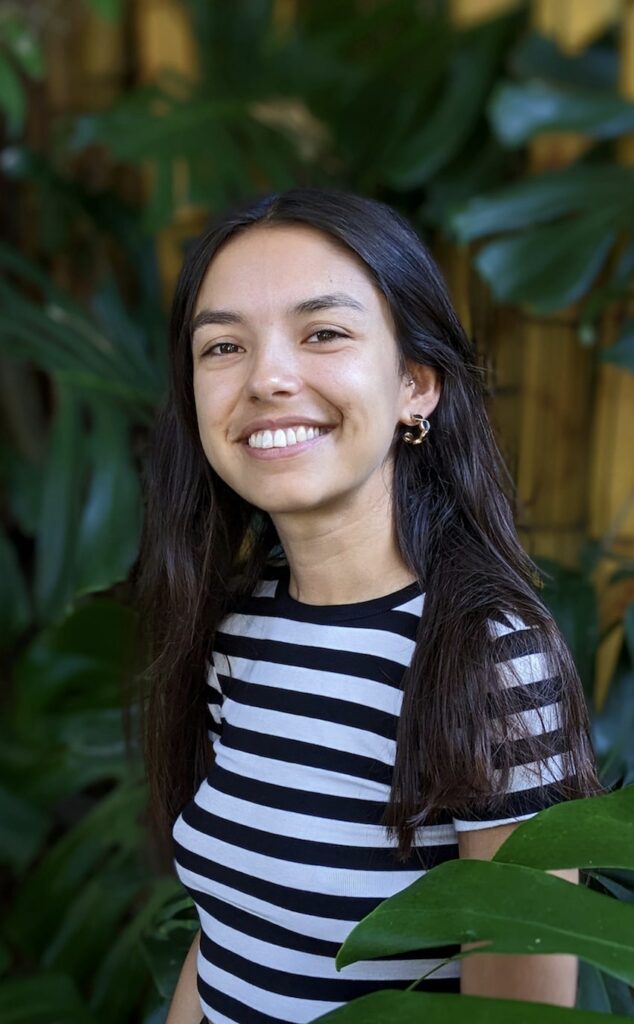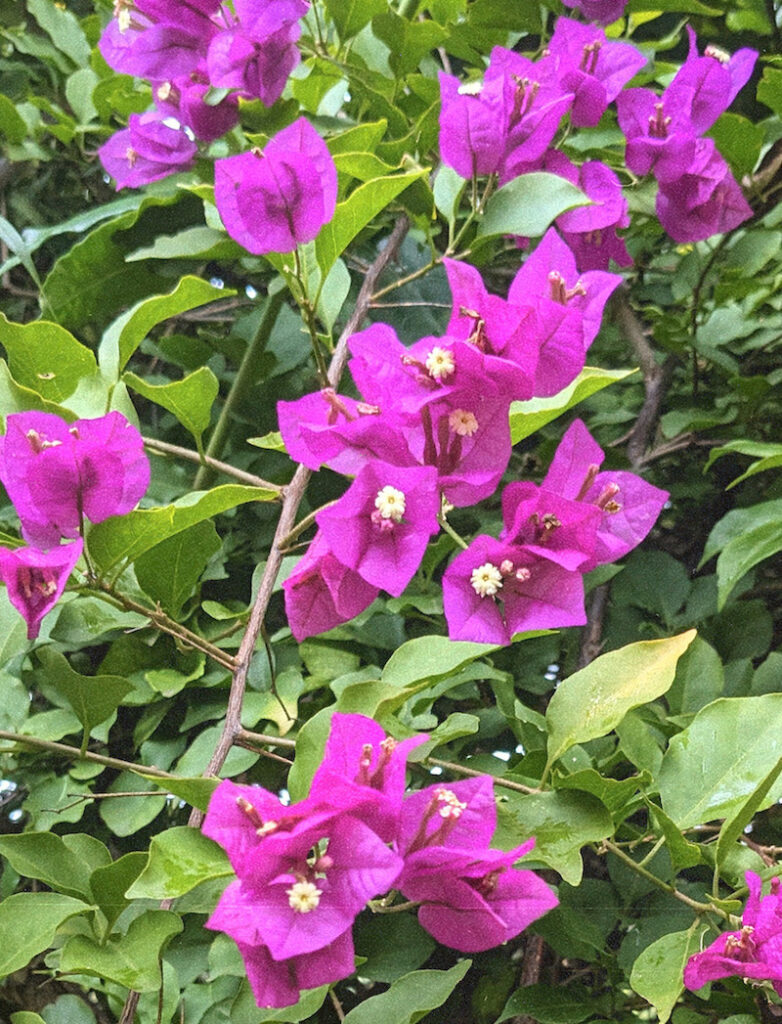More than 60 participants from more than 20 countries, speaking more than 15 languages and building movements across digital rights and climate justice – the event in Heredia, Costa Rica was a success, but a lot of work went on behind the scenes. We spoke to Molly Mathews, Admin and Events Officer at Ariadne Network, about her insights and learnings organising the event.
Molly, you really were at the heart of organising this event. Can you give us some insights into what your work looked like?
I joined the project in January 2023, though Maya Richman and Fieke Jansen had been developing the event’s concept for much longer. To give a bit of background, this is the second event I have worked on for the Green Screen Coalition. The first happened in Berlin in autumn 2022. In comparison to that one, the Costa Rica event definitely had more organisational challenges in terms of visas, transportation, and translation. For example, Costa Rica doesn’t have a lot of direct flights, which meant I had to spend a lot of time finding the right flight connections for participants. My main areas of work were to organise travel, stipends, communication with the hotel, and anything else needed during the event. Luckily I speak Spanish, which really helped a lot, especially when handling last minute requests.


What kind of challenges did you face?
The first challenge was ensuring the hotel was able to accommodate our growing list of participants. Organizing transport was also a big challenge. We offered transport support for those who needed it. Booking all the flights and meeting all participants’ needs for different days, different times, different connections took a lot of time and needed extra awareness of small details. We also supported people who didn’t already have visas, which is definitely a learning for the next event. In the future, we have to be more mindful of visa processes, and offer more capacity and support for those who need them.
Imagine someone wants to run a similar event in Costa Rica. What would be your top two tips?
Tip number one: Don’t forget the complexity of interpretation in the breakout sessions! We offered live interpretation to Spanish, Portuguese and English in the main room throughout the event, and it worked really well. However, we did not pay so much attention to how interpretation would work in the breakout sessions. So the first tip is to really invest additional preparation time to ensure that breakout spaces have good interpretation, so that everyone can participate as they would like to. It worked out eventually, because we had an amazing team of interpreters who were able to adapt really fast. But that’s definitely a learning for the next time we run multilingual events with interpreters.
Tip number two: Host your event at Hotel Bougainvillea in Heredia! The hotel staff were extremely supportive, welcoming, open and flexible – which was appreciated, especially because we had quite a lot of last minute requests. Hotel Bougainvillea also has this amazing botanical garden, where we hosted the event. I noticed that being outdoors completely transformed how people think and work. The gardens made people feel a lot more calm and willing to share, all because they were in a space where they felt comfortable, which definitely added to the event. We’ve been incredibly lucky from start to finish.
Thank you so much for your great work and this interview, Molly.
Molly Mathews is Ariadne’s Administration and Events Officer. After completing her Bachelor’s degree in International Relations at Rey Juan Carlos University in Madrid, she joined IFOAM Organics Europe as an Events and Membership Assistant. She has experience organizing physical, virtual and hybrid events, as well as developing membership engagement strategies. Her main interests lie within the fields of migrant rights, climate justice and youth engagement.
Katrin Fritsch researches, writes and consults at the intersection of climate justice, digital rights, and feminism. She advises organisations on data, justice, and emerging technologies. Currently, she is a senior program manager at Green Web Foundation, and the chair of epicenter.works. Previously, she co-founded and co-led MOTIF, a think tank working towards social justice in the digital age. Katrin is the co-initiator of Feminist Futures, and holds an MSc in Data & Society from London School of Economics and Political Science.
